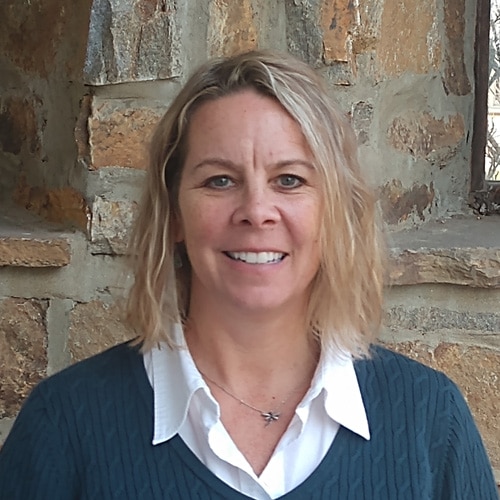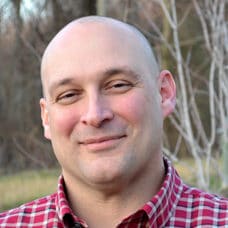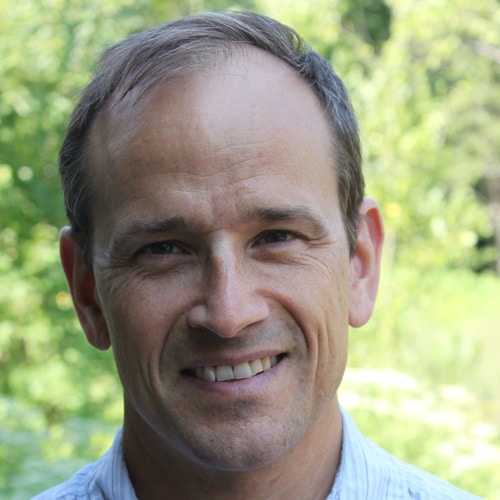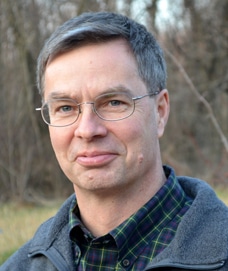The Watershed Restoration Group engages the public in freshwater stewardship and watershed restoration by helping landowners implement best management practices and plant streamside forest buffers. We link research, education, and action on the ground to manage our most precious resource — fresh water.
Watershed Restoration Staff
Watershed Restoration News
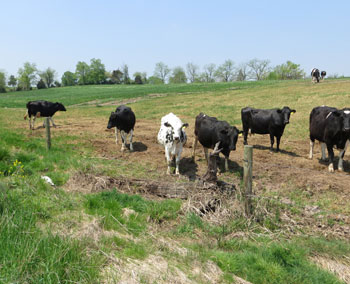
“We’ve All Got to Be Good Neighbors”
Barclay Hoopes’ family has been farming in Landenberg, Pennsylvania, since 1854. He knows how he treats his land affects thousands of people downstream — it sits at the headwaters of White Clay Creek, which makes its way into Delaware and provides drinking water to more than 100,000 people.
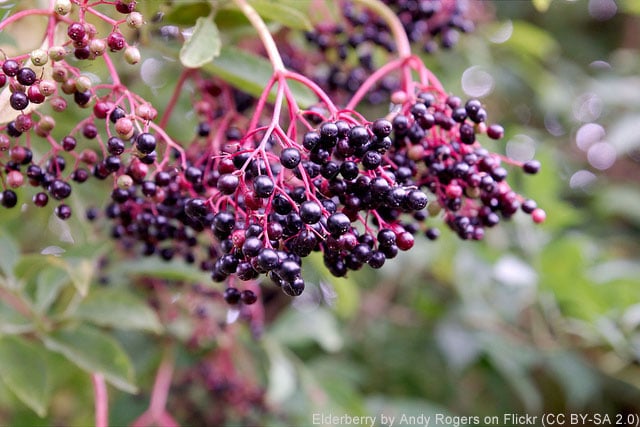
Berries and Nuts: a Different Approach to Riparian Buffers
Planting trees and shrubs on streamside crop land improves water quality. What if you could plant a buffer that would protect a stream and yield a crop?

Cheese Proceeds to Fund Clean Water
Cheese lovers have a new reason to celebrate this holiday season: The Farm at Doe Run has a new cheese that supports clean fresh water around the world.
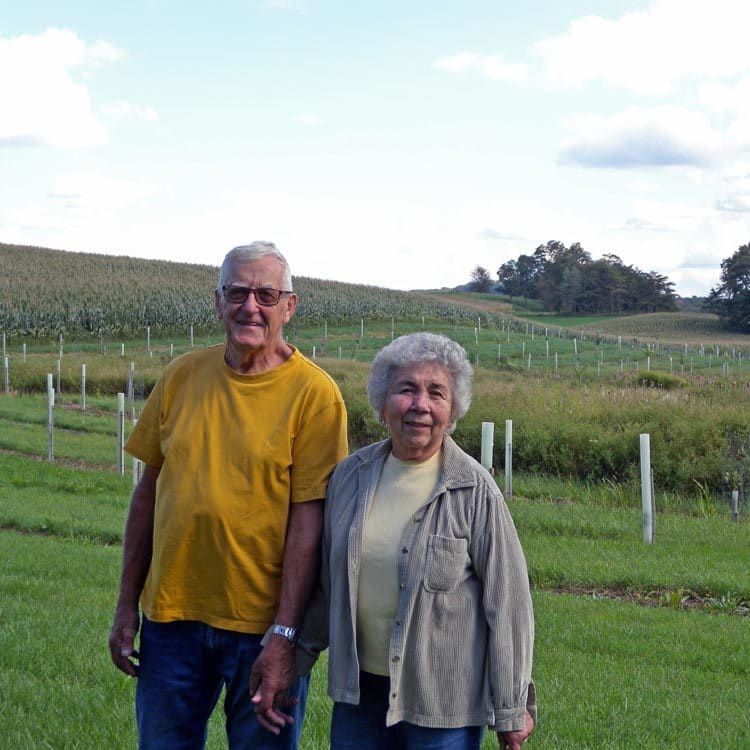
Meet the Farmers: Bud and Marilyn Miller
Bud and Marilyn Miller see their newly planted streamside forest as a valuable investment for future generations.
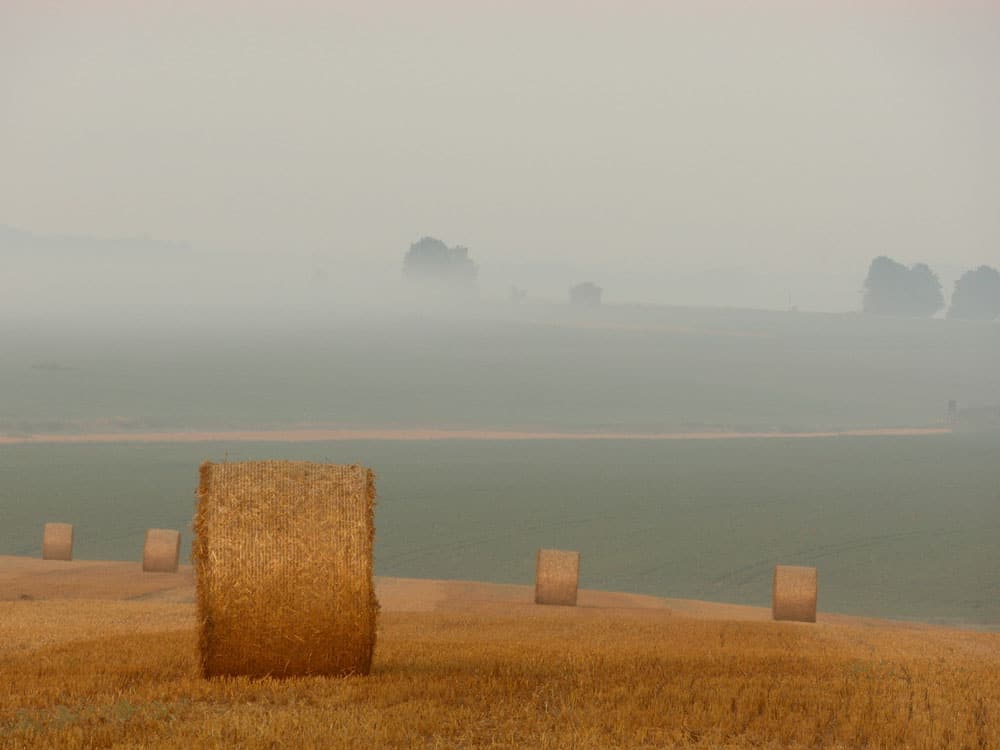
Funds for Improved Farming Practices to Help the Chesapeake Bay
Stroud™ Water Research Center’s Watershed Restoration Group was awarded $750,000 to install best management practices on 24 farms.
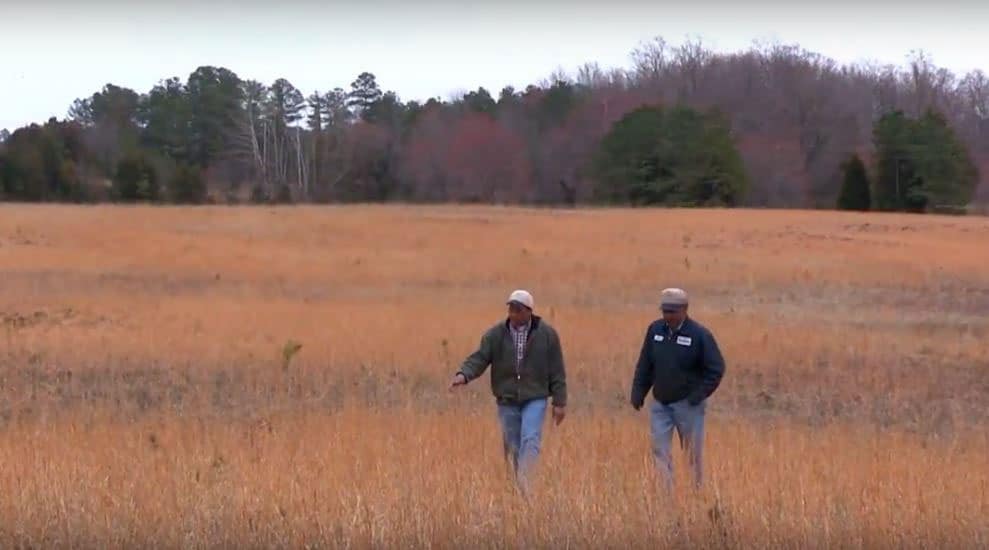
USDA Programs Put Stroud Center Science on the Ground
With the help of the USDA, a growing number of farmers are choosing to plant streamside forests to protect water quality for their downstream neighbors.

